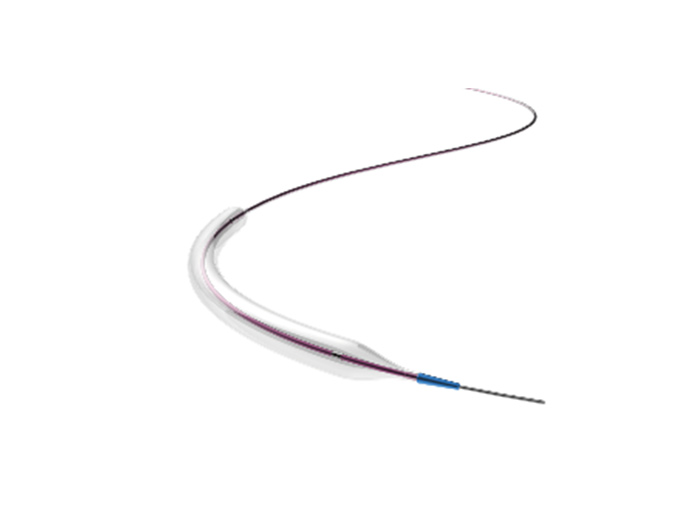the core of our corporate values
Interventional Measures for Neurovascular Intervention
Neurovascular intervention refers to the use of minimally invasive surgery to diagnose and treat various vascular and neural disorders affecting the brain and spinal cord. These procedures are typically performed by specially trained interventional radiologists, neurosurgeons, or neurologists.
Some common neurovascular interventions include:
Embolization or occlusion within the blood vessels of cerebral aneurysms
This process involves inserting a catheter into the artery and guiding it to the site of the aneurysm, where small coils or other occlusive material are used to block blood flow into the aneurysm and prevent rupture.
Neurovascular intervention for the treatment of cerebral aneurysms is a non-surgical treatment method which aims to block blood flow to the aneurysm by placing occlusion devices within blood vessels. This helps to prevent rupture and bleeding.
Endovascular treatment of arteriovenous malformations (AVMs)
An AVM is a tangle of abnormal blood vessels that can cause bleeding in the brain. Endovascular treatment of AVMs involves using a catheter to deliver occlusive material to the AVM site to block blood flow and reduce the risk of bleeding.
Neurovascular intervention for the treatment of AVMs is a non-surgical treatment method which aims to block blood flow to the AVM using an endovascular approach, thereby reducing its harmful effects.
Endovascular treatment of stroke
In some cases, endovascular surgery can be used to clear clots or deliver drugs or other treatments to the site of the stroke to reduce the extent of brain damage.
"Neurovascular intervention for stroke" is a minimally invasive surgery used to treat ischemic strokes, which occur when blood flow to the brain is blocked by a clot. This process can help restore blood flow and reduce damage to the brain.
The goal of neurovascular intervention is to improve patient prognosis and quality of life by providing a minimally invasive alternative to open surgery while reducing the risk of complications and hospitalization time.
Return










